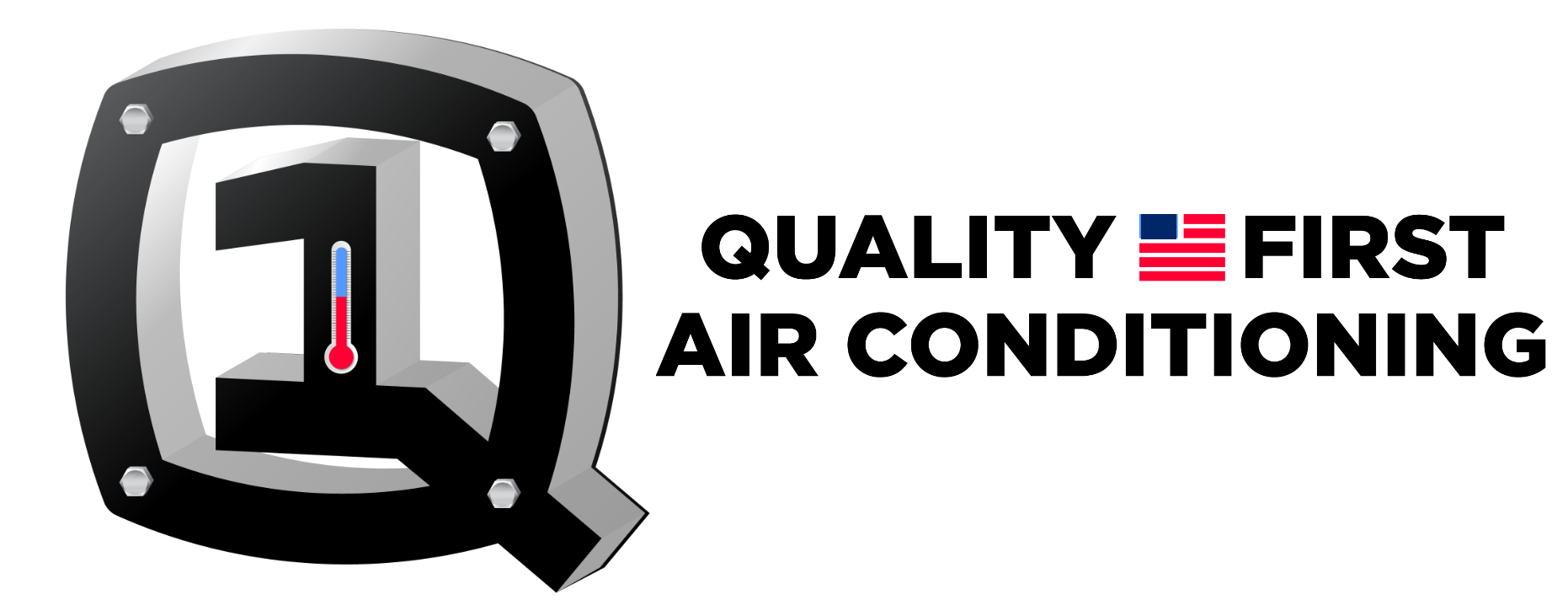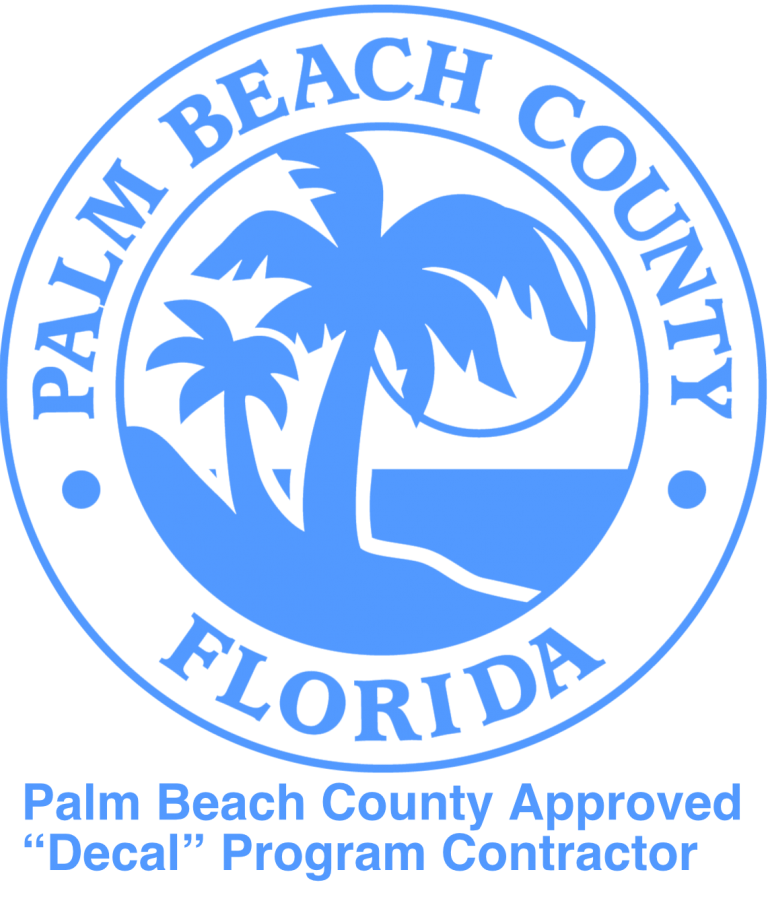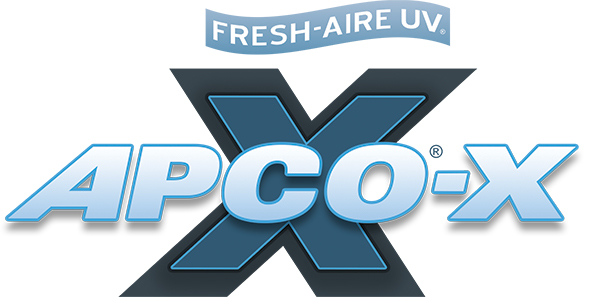Is it an A/C System or a Pool Heat Pump?
What type of system consists of a thermostat, compressor, evaporator coil, fan, expansion valve, and circulates refrigerant types such as R410A? Many people would reply with the answer being a residential air conditioning system. While this is certainly correct, there is a second equally correct response – residential pool heat pumps.
Pool heat pumps are basically air conditioning systems working in reverse.
Pool heat pump systems use very similar technology to central air conditioning systems. Pool heat pumps use a fan and compressor to take heat from surrounding air and transfer it to the pool. The fan blows air out of the unit and this process draws air over the evaporator coil. This process then transfers heat from the air to the refrigerant gas flowing inside the refrigerant pipes. The compressor compresses the refrigerant gas which causes its temperature to increase significantly. This hot gas is passed through a heat exchanger that has the pool water circulating around the hot refrigerant gas causing heat to be transferred to the pool water.
Why heat a pool?
Florida, California and Arizona have the most inground swimming pools in the United States. Statistically, swimming is the fifth most popular activity in the Country. Residential swimming pools are also an investment and add significant value to homes. Having a heated pool allows families and friends to enjoy the benefits of using a private pool year-round, even in the peak of the coldest winter months in South Florida.
What are the types of pool heaters?
There are three common types of pool heaters available in today’s market. These include heat pumps (most popular), solar powered heaters, and gas/propane heaters. Note, there is also a fourth type of electric resistance heater but that consumes significantly more electricity than the others and should be restricted to hot tubs or spa use only. There are multiple things to factor when determining which is right for you including: cost, energy consumption, climatic factors, pool location, pool coverage, and your pool type (above ground / inground). As with all things in life, there are pros and cons to each.
Why use heat pump technology to heat a pool?
A heat pump uses South Florida’s “free heat” to warm the pool water. Electricity is only needed to run the system to transfer the heat, not to create it. There are considerable operational cost savings in using heat pump technology as compared to gas or electric heating. A heat pump is the most economical, safe, and trouble-free way to heat a pool.
What are pool heat pump pros and cons?
Industry data suggests pool heat pumps are 4-5x less expensive than a gas heater or a simple Electric Heat pump. That is because heat pump heaters maintain a constant temperature throughout the day rather than turning off and on. Additionally, pool heat pumps are more economical if you keep them working at a moderate temperature. Don’t try to boil the ocean! In addition, they are also compact and only take up a small area on the existing concrete surface of your pool deck. Heat Pumps are known to have a longer useful life when comparing it to gas heaters. Additionally, they have significantly annual lower maintenance costs!
Conversely, a heat pump is not as effective at heating a pool to significantly high temperatures, nor will it heat a cold pool quickly. These heaters are not ideal if you do not use your pool often. They will take a long time to heat your pool as it is such a large body of water.
Is it expensive to operate a pool heat pump and what temperature is most common?
Studies from leading pool heat pump manufacturers located in South Florida show that operating a pool heat pump year-round at a temperature of 85 degrees, costs on average approximately $1,000 per year, converting to under $100 per month.
How long do pool heat pumps last?
On average, much like residential air conditioning systems in South Florida, the expected useful life of a pool heat pump system is 8-12 years. It’s not uncommon to see these systems last up to 15 years, depending on how well they are cared for and maintained.
Where should I get a pool heat pump?
Given the similarities in the underlying technologies, the ongoing need for service and system maintenance, and the demonstrated synergies in leveraging a home service provider for multiple needs, your local Air Conditioning company is the best full-service provider to work with. Factory trained and qualified representatives from your local A/C dealer can help with repair, replacement, or full design and installation of a completely new pool heat pump system.
Quality First Air Conditioning has been proudly offering air conditioning and pool heat pump services in the counties of Palm Beach and Broward for over 20 years.


























